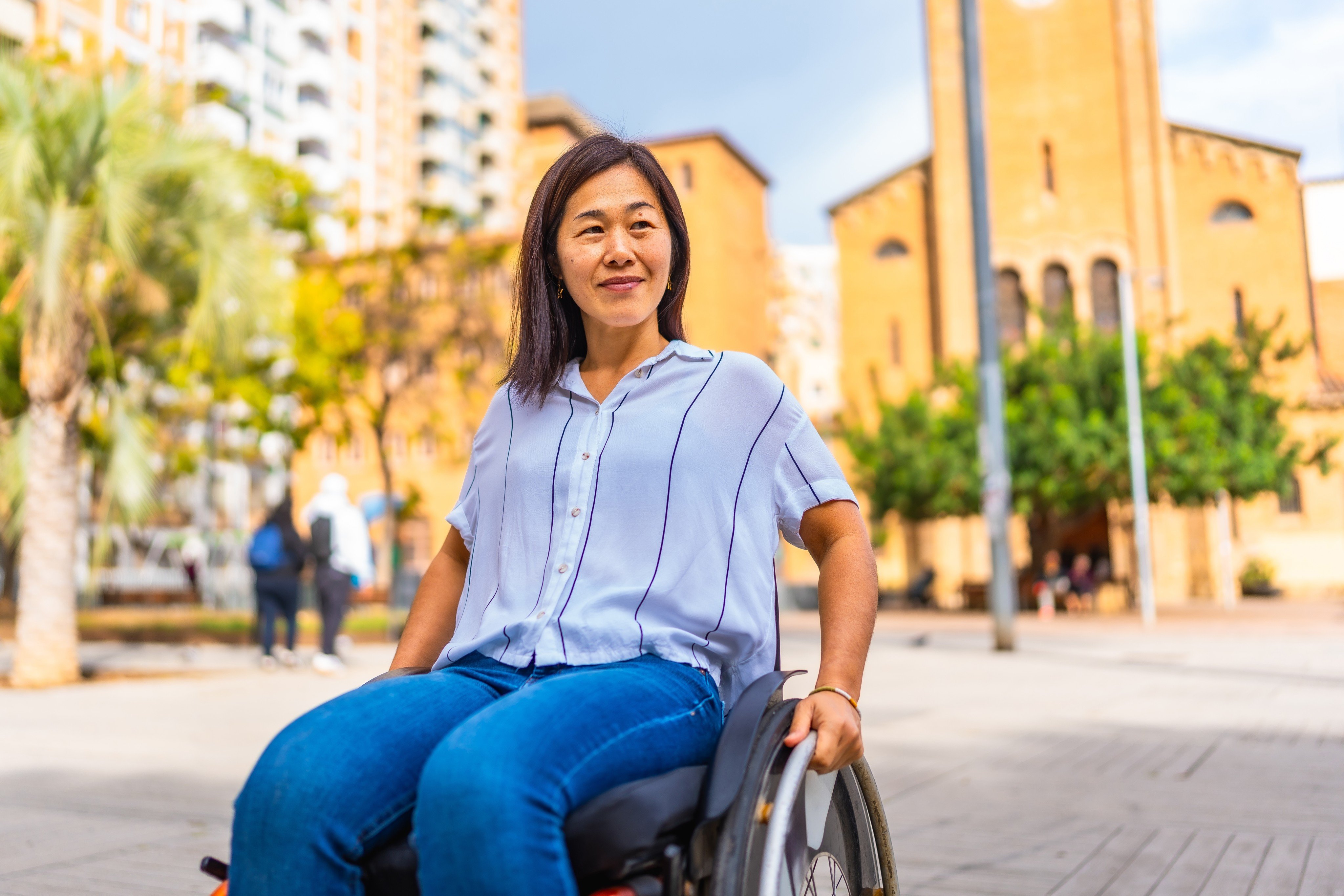While working with children with cancer and other blood diseases as a graduate school student in the United States, Maria Sirois wondered why some families grew stronger and closer as they rallied against severe illness.
Watching their stories unfold inspired her to learn more about why some of us develop resilience while others fall to pieces.
Today, Sirois is a leading expert in positive psychology and resilience. She helps businesses, community groups, leaders and others to navigate challenges big and small, and works with families dealing with grief and recovering from loss.
“Most people want to learn how to be more resilient, and to deal with upheaval, change and anything else that may bring stress,” says Sirois, who recently released a new book, The Generous Exchange: How Attention to Beauty, Goodness and Excellence Restores Us and Our World.
“I help them figure out how to tap into the best of themselves while managing the difficulties they face.”
Resilience requires a change of mindset
Resilience is the ability to adapt to difficult times. It requires flexibility – in our thinking, our perspective, our emotions and our approaches. More than just “bouncing back” to our old lives, it is about bouncing “forward” to grow to meet future challenges.
“Some people are more oriented towards learning and growth. They’re capable of changing habits and moving towards optimism and confidence,” Sirois says.
The good news is that resilience can be developed by learning from difficult moments. Then the next time you face a challenge, you will have some wisdom to draw on.
This involves changing your mindset.
“The old view of stress is that it’s harmful and should be avoided, but the new view is that while it’s harmful, stress can also trigger growth and be life-enhancing if you change the way you look at it,” Sirois says.
One of Sirois’ early lessons in resilience came in the 1990s, when her ex-husband was diagnosed with Hodgkin lymphoma – a cancer of the lymphatic system.
Then a young mother, Sirois found herself juggling parenting and supporting her then-spouse, who had to stop work because of his illness.
“I got super-clear about my priorities, deciding to be extra-focused at home and choosing where to put my energy, and I surrounded myself with supportive people,” she says.
“I learned to do what I could to find inner quiet, because that’s where recovery happens. It’s important to feel relief, peace or contentment, even if for a minute.”
Resilience helps you savour life’s joys
Humans crave predictability, stability and certainty. We plan for it. But change is inevitable and can sometimes be painful and shocking. We may not have a formula for dealing with it, especially if it is beyond our control.
This is why resilience is an important skill.
“We’re all going to experience difficulty, upheaval, suffering or loss at some point in our life, and very often … without warning,” Sirois says.
“The greater our awareness of the strategies that resilient people use, the better able we will be to handle these tough moments when they arrive.”
“We’re also given opportunities that may bring stress, such as a move, a promotion, or getting engaged. Resilience helps us navigate these stresses and delight in the experiences as well.”
Resilience buoys us as we age
Few people look forward to growing old. We fear the physical and mental changes associated with it: cognitive decline, losing our independence or developing a chronic illness.
Resilience can help, says Sirois.
“You can look at ageing as a frightening, negative thing to avoid or stop, or as something to ease into and move through with grace and enjoyment.”
“You make the ageing process easier by making healthy lifestyle choices, such as eating well, exercising and spending time with the people you love.”
Sirois is enjoying this stage of her life and looks forward to turning 65 this October. Two or three times a week, she hikes, cycles, plays pickleball, or does Pilates or strength-training.
She meditates four or five times a week and prioritises things that make her happy, such as gardening, doing jigsaw puzzles and being with loved ones.
Rather than focusing on the fact that she can no longer run as fast as she used to or hike for hours without back pain, Sirois considers what she would like her legacy to be.
“If I make it to my 90th birthday, what do I want people to say about me? What’s the story I want to be told about my life?” she says.
Sirois’ tips for thriving in tough times
The psychologist, who has written two other self-help books – A Short Course in Happiness After Loss (And Other Dark, Difficult Times) and Every Day Counts – has this advice for leading your best life.
Do what makes you feel good. Do whatever helps boost your mood, whether it is exercise, meditation, meeting a friend, or not answering the phone.
Seek trusted help. Find people to turn to for support and guidance.
Let your feelings flow. Allow yourself to feel emotions like anger, fear, sadness and grief. When you start to feel OK, choose to feel relaxed, happier or a bit more hopeful.
Like what you read? Follow SCMP Lifestyle on Facebook, X and Instagram. You can also sign up for our eNewsletter here.
